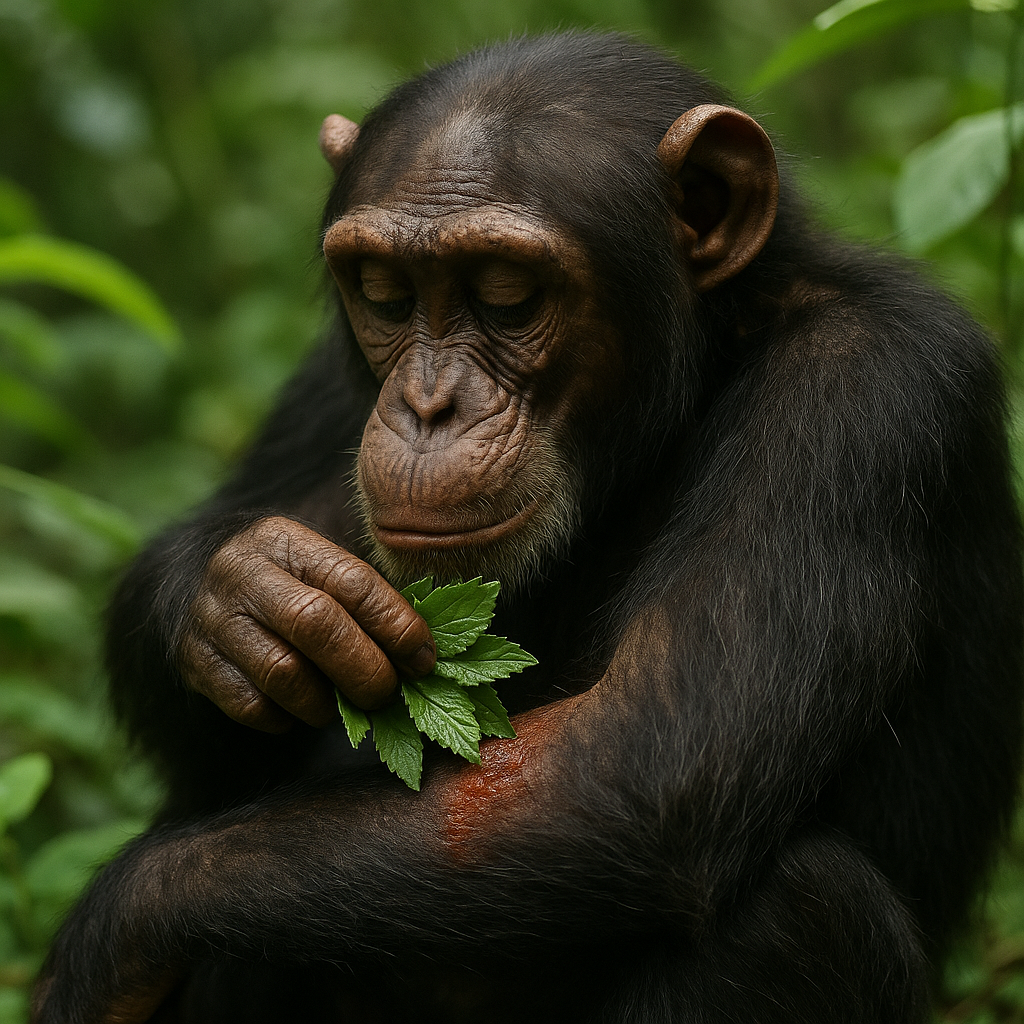
Chimpanzees Use Medicinal Plants for Self-Care in Uganda
Chimpanzees in Uganda demonstrate remarkable self-medicating behaviors using plants to treat injuries.


Chimpanzees in Uganda demonstrate remarkable self-medicating behaviors using plants to treat injuries.

Scientists uncover the genetic basis for ginger cats’ coloring, revealing links to health and temperament.

A viral incident with a Waymo taxi underscores ongoing skepticism about the safety of driverless vehicles.

Emerging platforms like Butterflies AI and Bluesky are reshaping social media dynamics and user experiences.

Weather influencers like Andrew Brown are reshaping how communities access timely and localized weather updates.

Resistance to AI highlights a struggle between preserving human creativity and embracing technological advancements.

The Arctic World Archive safeguards vital data in a remote vault, ensuring preservation for future generations.

The U.S. struggles with high-speed rail, lagging behind global leaders despite emerging projects and challenges.

The UK government plans a men’s health strategy to address significant health disparities and promote awareness.

Severe air pollution is obscuring the majestic Himalayas, threatening tourism and local livelihoods in Nepal.
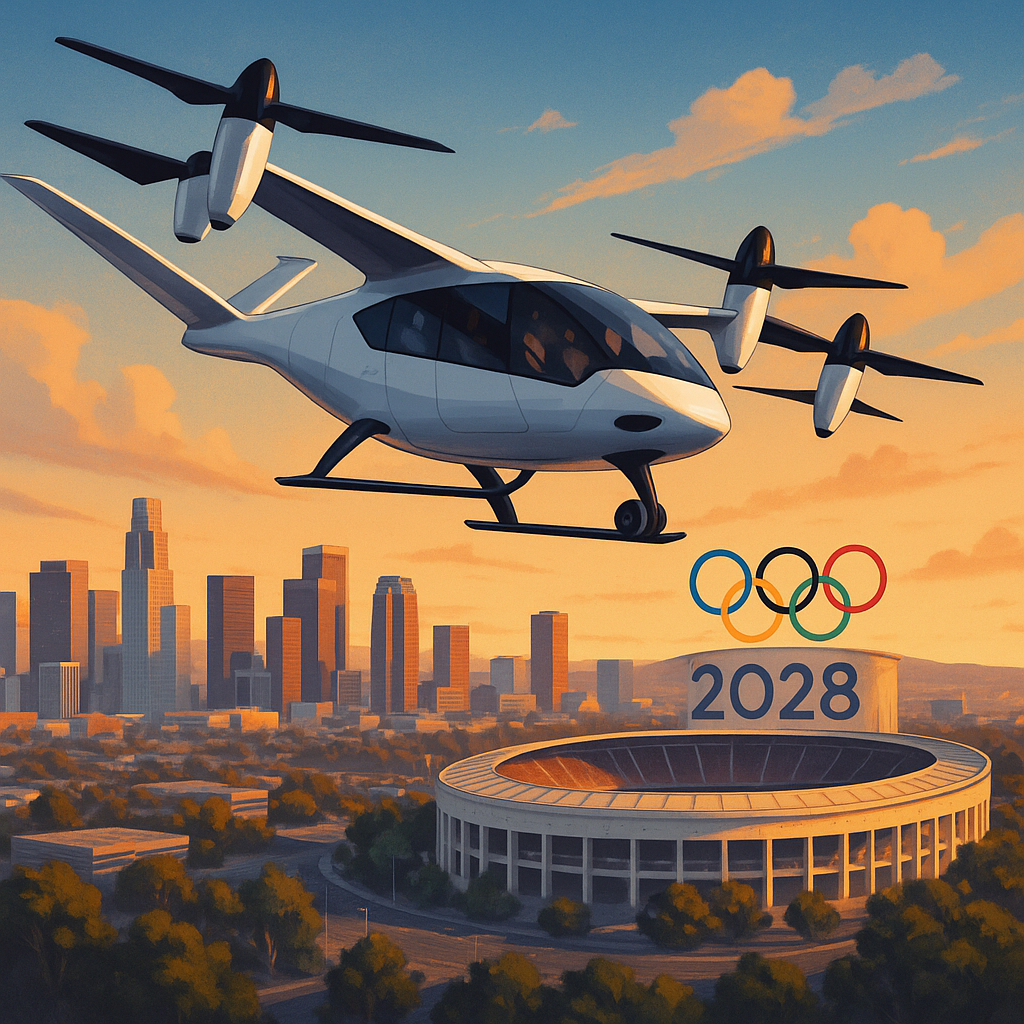
LA28 plans to revolutionize transportation with air taxis for the 2028 Olympic Games in Los Angeles.

New Zealand’s sheep population is declining, reflecting a shift towards dairy farming and carbon forestry.

Liam and Olivia dominate baby names in 2024, reflecting cultural diversity and rising birthrates.

The feijoa, New Zealand’s unofficial national fruit, fosters community spirit through generous sharing each autumn.
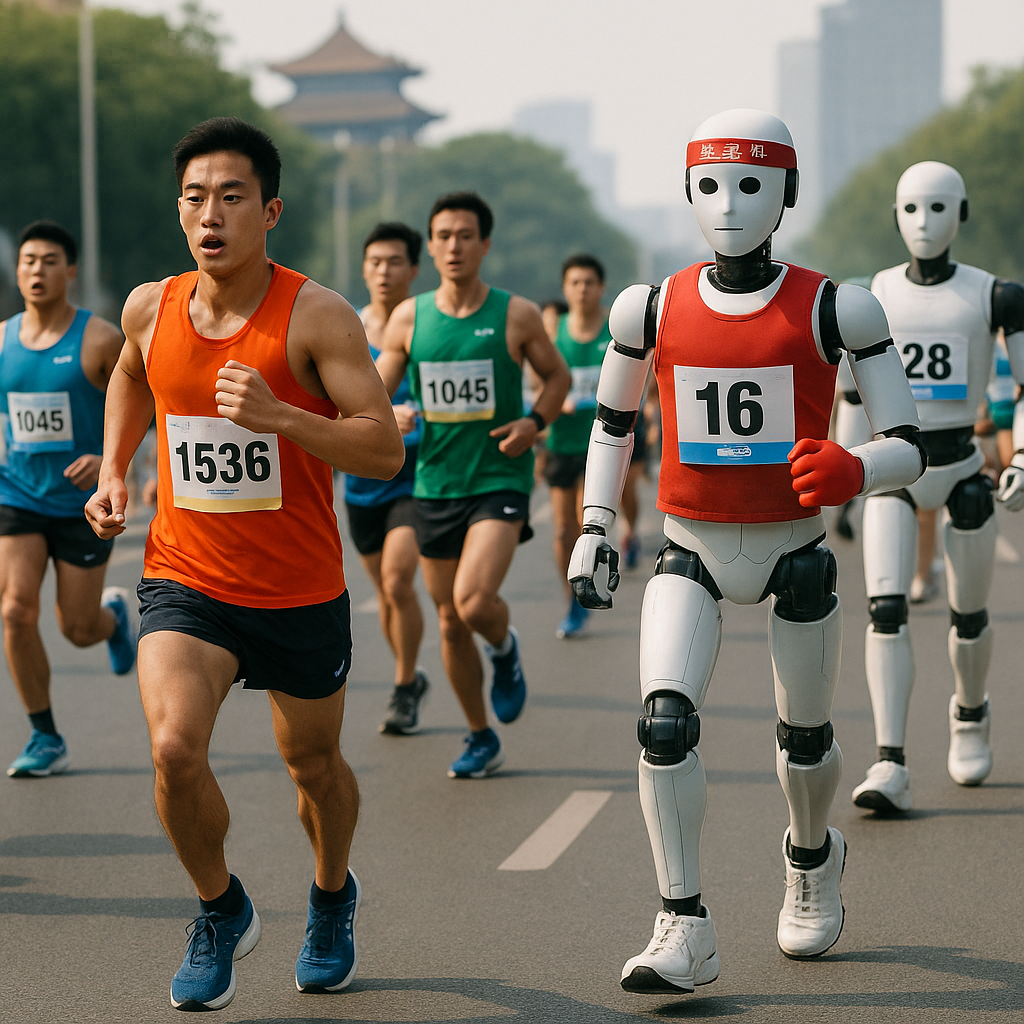
China’s first half-marathon featured humanoid robots racing alongside humans, showcasing remarkable advancements in robotics.

Harvard Law Library’s misidentified document is confirmed as an original Magna Carta, worth millions.

A Michigan judge mandates shoplifters to wash cars at Walmart, blending accountability with community service.
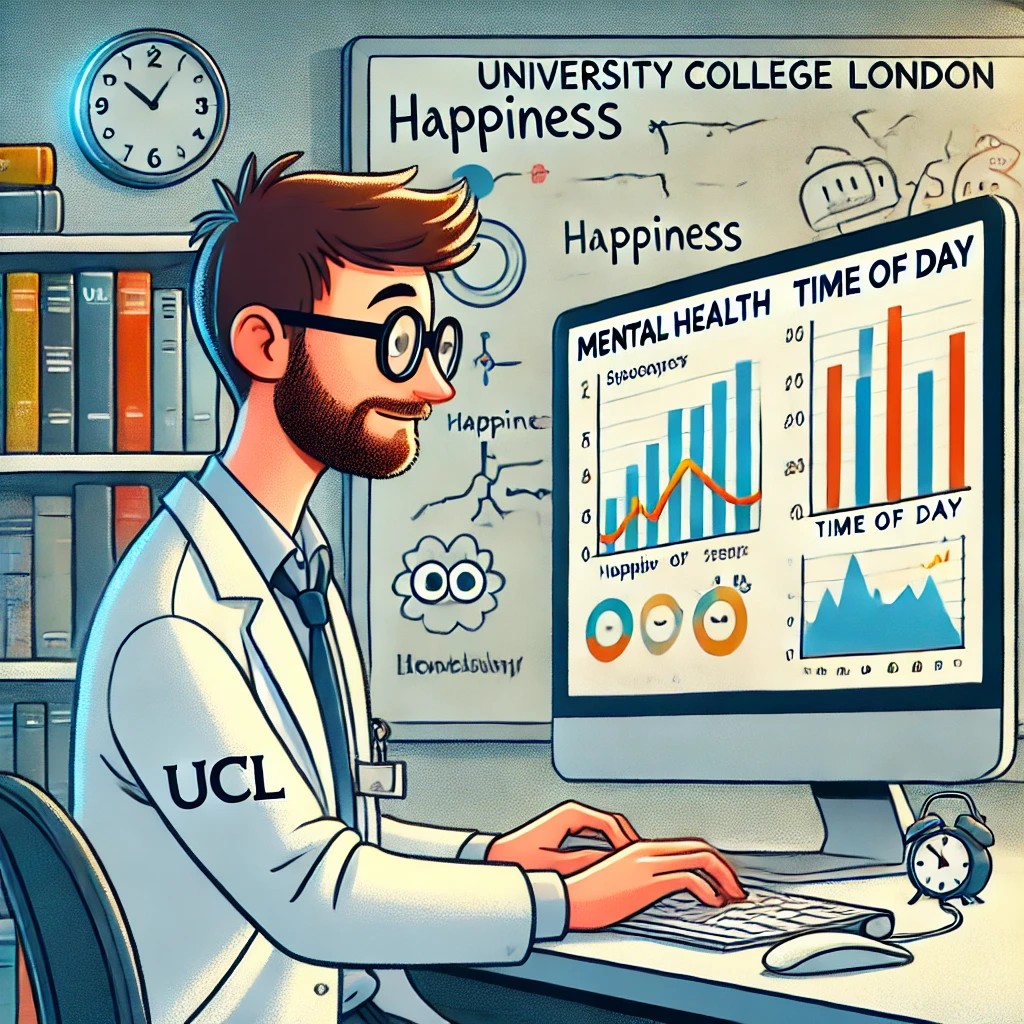
A UCL study reveals mental health declines throughout the day, peaking at midnight and Sundays.
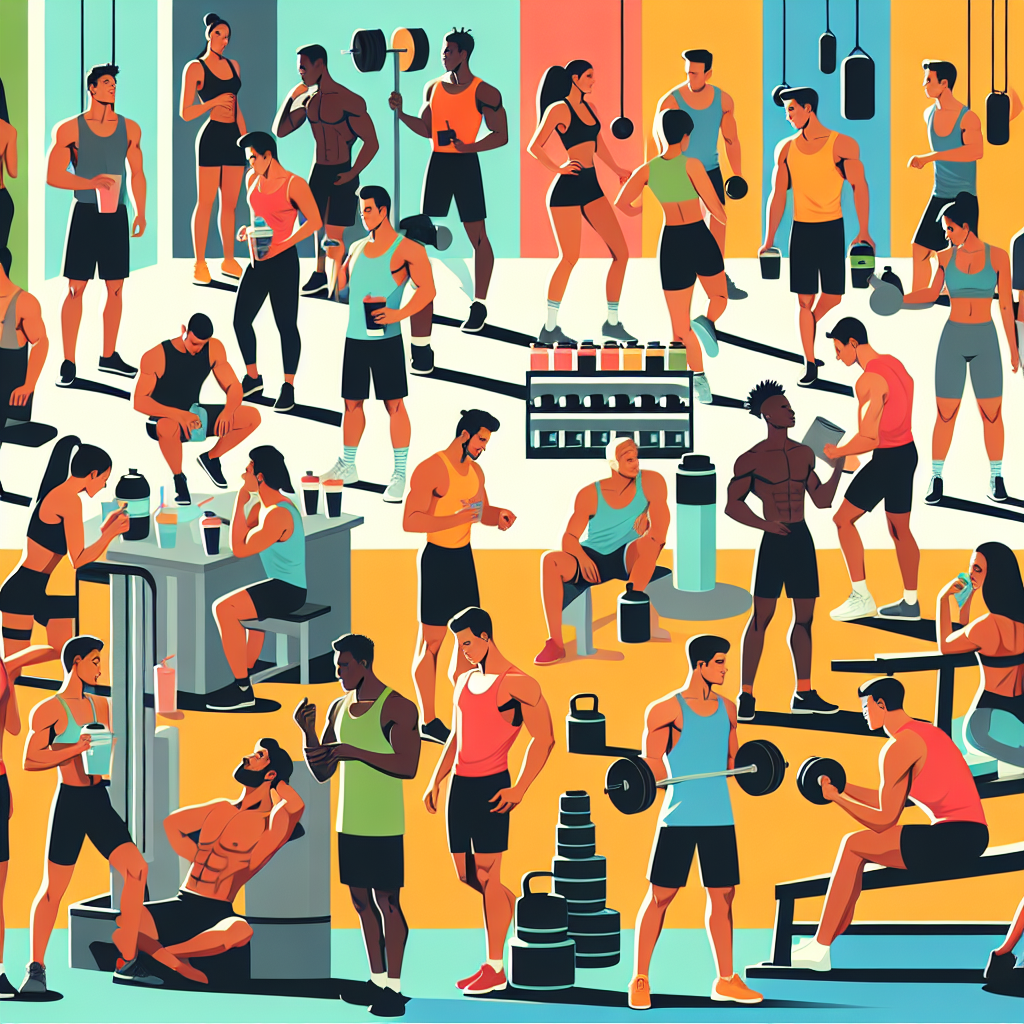
Research links protein shakes and supplements to muscle dysmorphia among adolescents and young adults.

A massive egg theft in Pennsylvania raises eyebrows amid soaring prices linked to bird flu.

Carlos Vasquez, a blind professional gamer, uses his hearing to compete in Mortal Kombat tournaments, showcasing the potential for accessibility in gaming.

British experts warn of potential “catastrophic ecosystem collapse” in UK forests within 50 years.

Magnus Carlsen’s withdrawal from the championships highlights tensions between personal expression and strict tournament regulations.

Students at Media City’s University Technical College recently participated in a project that required them to give up their smartphones and use basic Nokia handsets instead, highlighting the dependence and reliance that many young people have on their smartphones.

Authors George RR Martin and John Grisham are suing OpenAI over claims that their copyright was infringed to train the language model, ChatGPT.
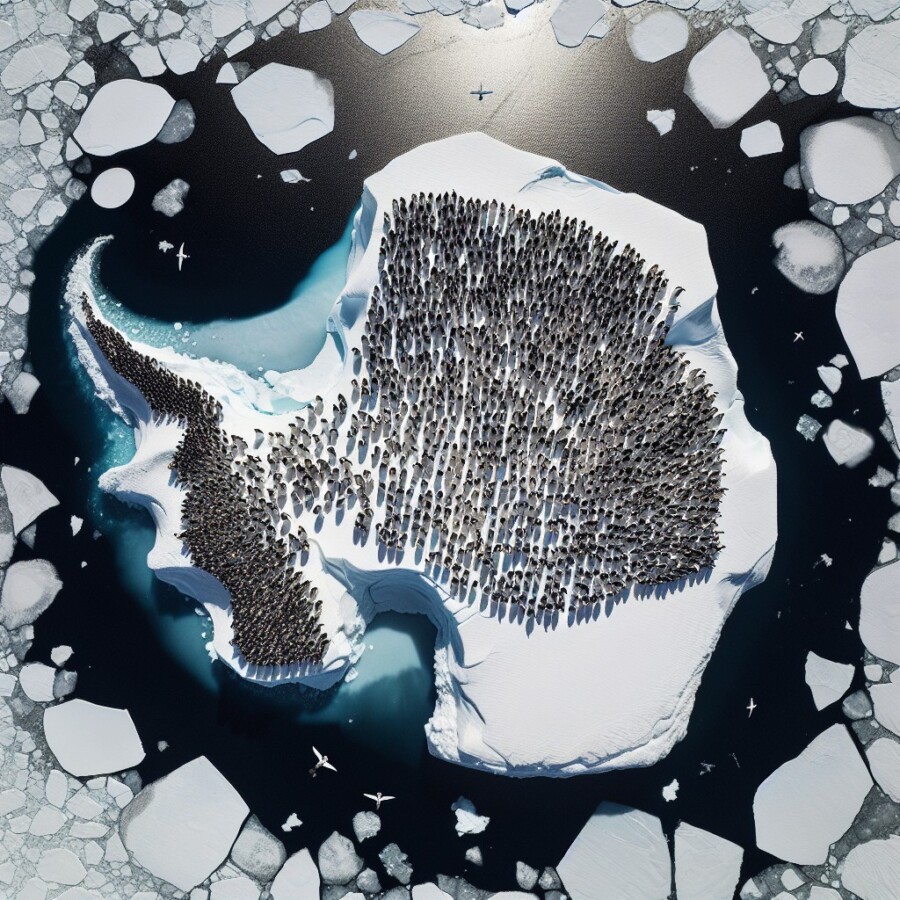
Satellite imagery reveals four new emperor penguin colonies in Antarctica, crucial for conservation efforts.
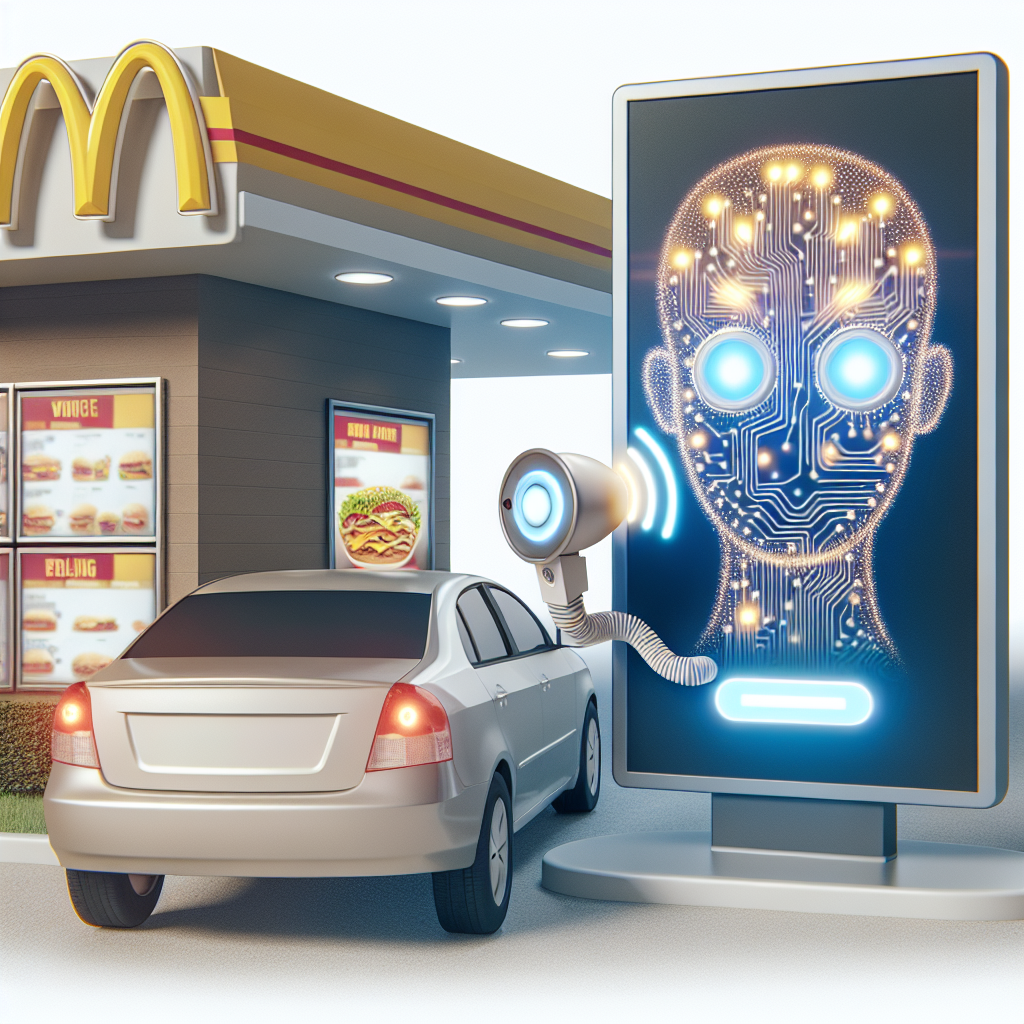
McDonald’s removes AI ordering technology after viral videos show comical mishaps and bizarre orders.
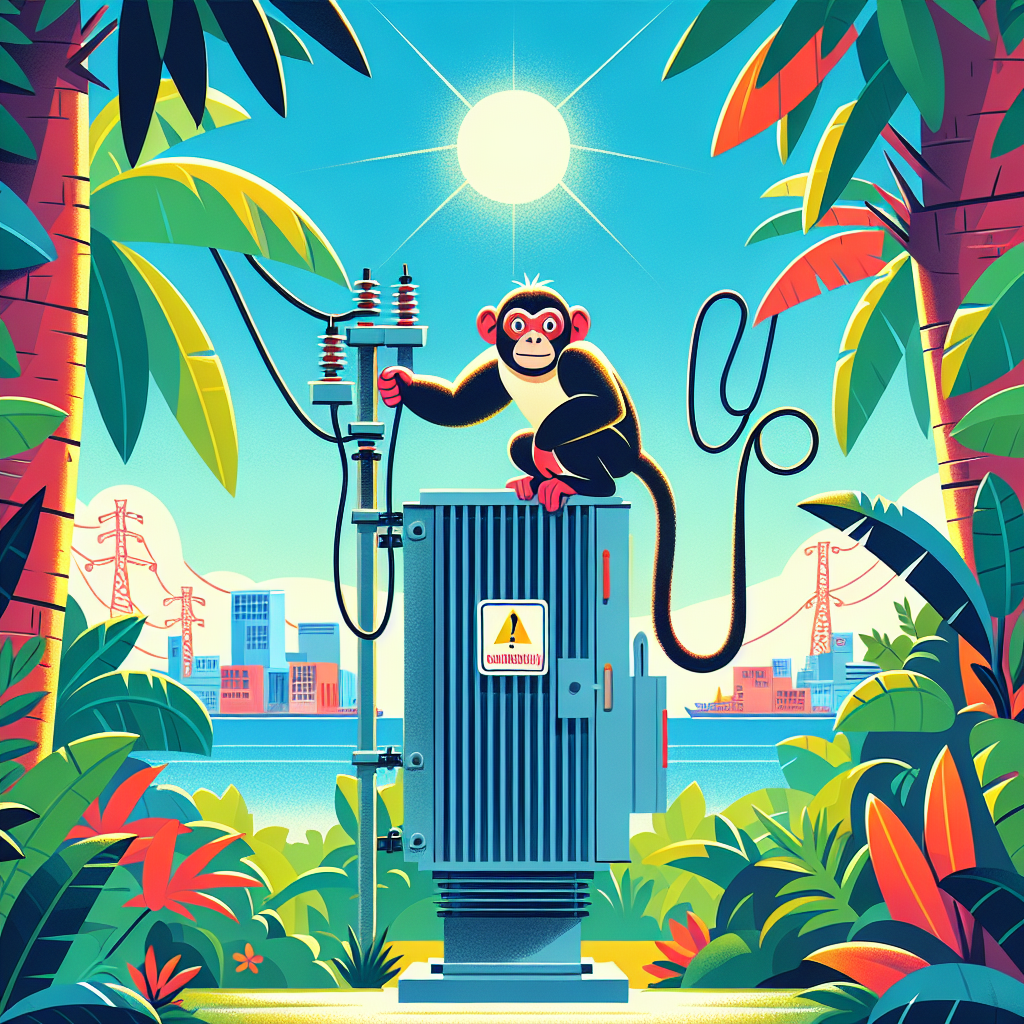
A monkey caused a nationwide blackout in Sri Lanka, affecting millions and highlighting infrastructure issues.

13-year-old Canadian boy, Maximus Trest, takes a year off school to develop his own PlayStation 5 game, Astrolander, with the support of the PlayStation team.

Fortnite and Lego have teamed up to create a new survival game mode, combining the popular block-building elements of Minecraft with Fortnite’s gameplay, in an effort to attract a wider range of players.

Amanj Ali, owner of Colorado’s Chicken, lost £12,000 in a trademark dispute with Tesla over the name “Tesla Chicken & Pizza.”

China’s first half-marathon featured humanoid robots racing alongside humans, showcasing remarkable advancements in robotics.

Seagulls are being driven into urban areas due to the loss of natural spaces, and scientists are urging people to learn to coexist with them.

TV production companies are exploring the use of AI to generate ideas for new shows, but some experts argue that AI can never replicate the spark of human creativity.

The world’s largest iceberg, A23a, is finally on the move after being stuck for over 30 years, and its movement could disrupt wildlife and human activities.


영국 랭커스터 대학교(Lancaster University)에서 한국인 영어 학습자분들을 대상으로 새로운 연구 프로젝트를 진행합니다. 전 과정 온라인으로 진행되어 어디서든 편하게 참여하실 수 있습니다. 여러분의 소중한 참여로 한국인의 영어 사용 방식을 알아보는 흥미로운 연구가 완성됩니다.
🎁 참여 혜택:
– 원어민 연구원과의 1:1 회화 연습
– 실전 영작 연습 & 맞춤형 영어 피드백 리포트
– 커피 기프티콘 총 3잔 선물! (첫 세션 후 1잔, 마지막 세션 완료 후 2잔 더 드려요! ☕☕)
📅 참여 방식: 총 2회의 온라인 세션 (Zoom 등을 이용, 각 세션당 약 60~80분 소요) 말하기와 쓰기 활동이 섞여 있어 부담 없이 즐겁게 참여하실 수 있습니다.
✅ 대상: 영어 실력에 상관없이 참여를 희망하는 18세 이상 한국인 누구나